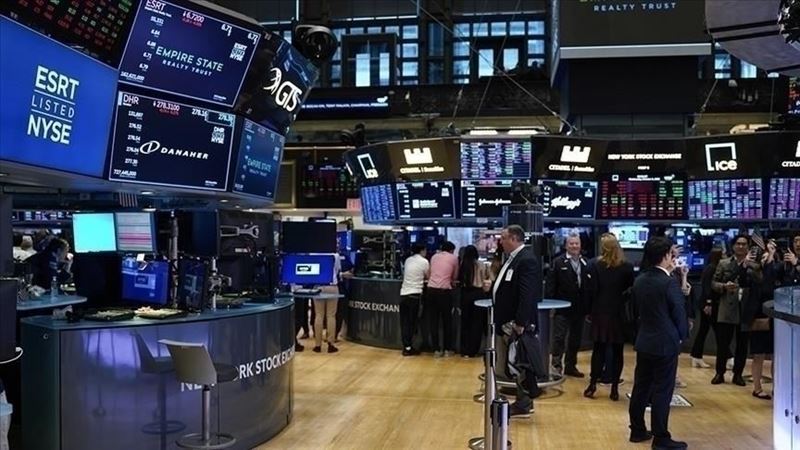In the U.S., the S&P 500 and Nasdaq hit new record highs, supported by strong earnings reports and easing trade tensions. The Fed is expected to keep interest rates unchanged this week, but expectations for two rate cuts by year-end remain strong. President Trump's remark that he would "really like the Fed to cut rates" was seen as an indication of mounting political pressure on the central bank.
On the macroeconomic calendar, key indicators include GDP growth, the PCE index, non-farm payrolls, and consumer confidence data. Gold and silver lost value, while Brent crude fell 1.47% to $67.6 per barrel. The yield on 10-year U.S. Treasuries declined to 4.39%.
ECB Holds Rates Steady as Inflation Uncertainty Persists in Europe
The European Central Bank left interest rates unchanged, with President Lagarde noting that trade uncertainties continue to pose risks to growth. Talks between the EU and the U.S. are ongoing. While most European stock markets ended the week higher, Germany’s stock market lagged behind.
Asian Markets Positive; Focus on China-U.S. and Japan Data
Asian markets closed the week on a positive note, buoyed by encouraging signals from Japan and South Korea. Inflation in Japan came in below expectations, while rising commodity prices in China raised concerns over energy costs.
Turkiye Cuts Rates, Moody’s Upgrades Credit Rating
In Turkiye, the BIST 100 index rose 2.67% last week, as the Central Bank cut its policy rate by 300 basis points to 43%. Moody’s upgraded Turkiye’s credit rating from "B1" to "Ba3" and changed its outlook to "stable." Fitch affirmed its current rating.
The USD/TRY exchange rate ended the week 0.4% higher at 40.57. This week, key domestic data to watch include unemployment, the economic confidence index, foreign trade figures, and manufacturing PMI.










Comments
No comment yet.